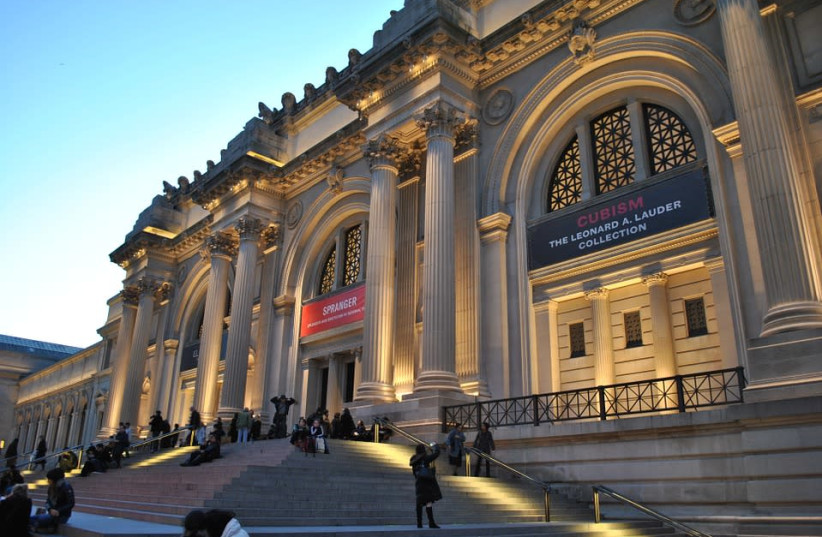US investigators in July seized 21 allegedly stolen works worth over $11 million from the Metropolitan Museum of Art, the largest museum in the country, as part of an international art smuggling investigation from August 31 by the International Consortium of Independent Journalists.
The works include a marble head of the Greek goddess Athena from about 200 BCE, two statues of Castor and Pollux from the Roman Empire and a piece depicting a Hindu deity from the sixth-century, a search warrant read.
The Met's record of housing stolen artifacts
“The numbers are rapidly adding up. In what other context could you make headlines so often for holding stolen property and not face any consequences?”
Tess Davis, executive director, Antiquities Coalition
The Manhattan District Attorney's office has obtained nine warrants to confiscate works from the museum since 2017, ICIJ reported.
Tess Davis, the executive director of the Antiquities Coalition, which protests against artifact trafficking, decried the museum's record of holding stolen works that it later turned over to authorities or repatriated.
“The numbers are rapidly adding up. In what other context could you make headlines so often for holding stolen property and not face any consequences?”

Met spokesperson Kenneth Weine said that the Met is committed to the responsible acquisition of artifacts and that it supports the investigation.
“The museum is a leader in the field in comprehensively reviewing individual matters, and it has returned many pieces based upon thorough review – oftentimes in partnership with law enforcement and outside experts. The norms of collecting have changed significantly, and The Met’s policies and procedures in this regard have been under constant review over the past 20 years,” he said, according to the ICIJ report.
